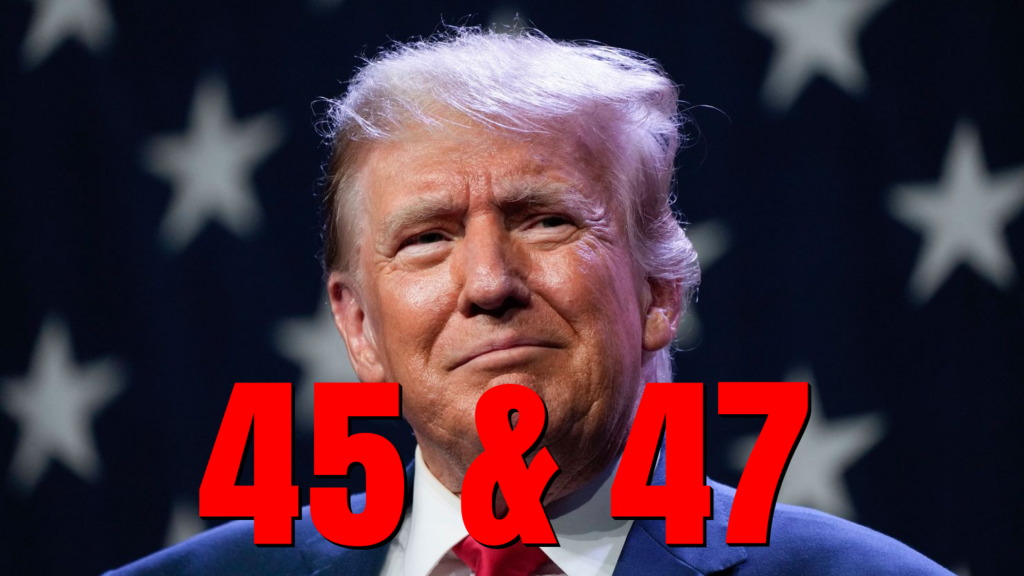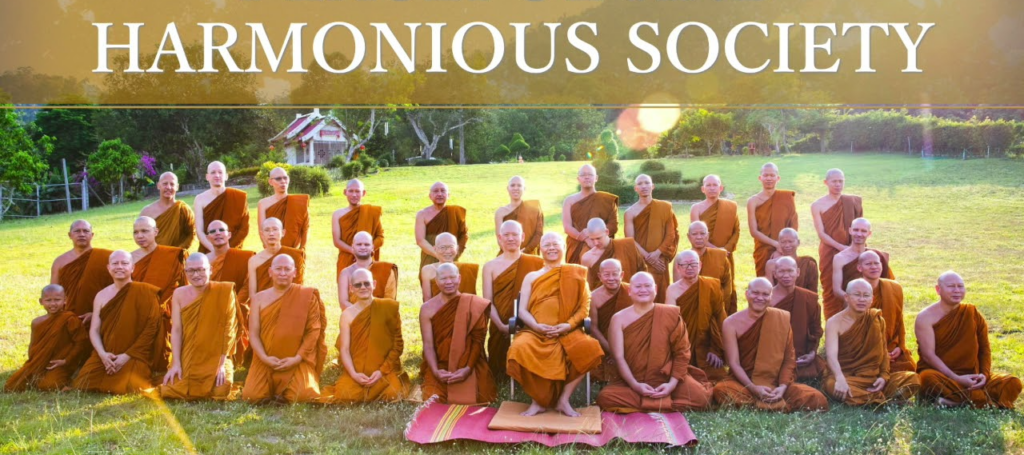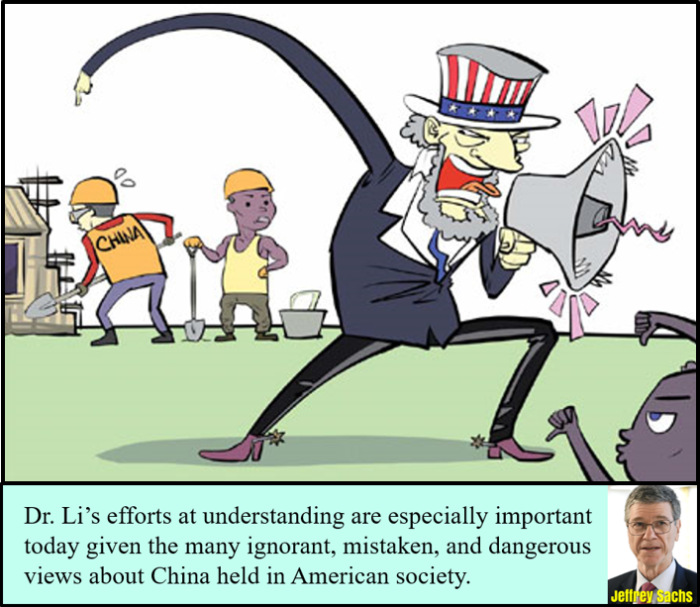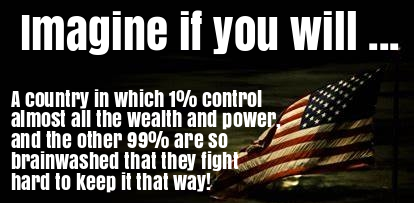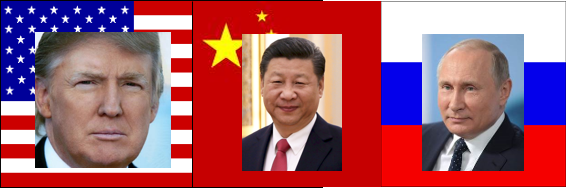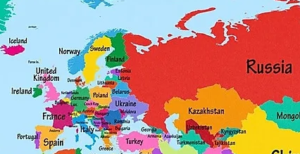Book review: Kaput: The End of the German Miracle
According to former Financial Times’ journalist, Wolfgang Münchau, Germany’s economy would be Kaput.
How could that be? After all, Germany has long been a world champion in manufacturing, especially for motor vehicles, chemicals, and machine equipment, and Europe’s leading economy.
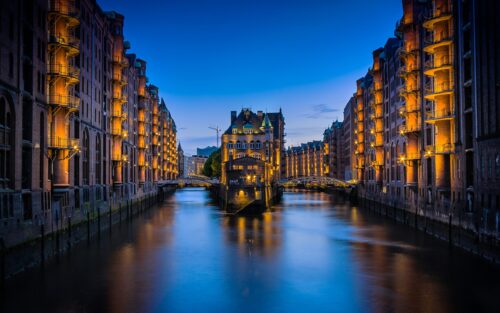
“Speicherstadt” District in Hamburg, Germany.
Photo by Claudio Testa on Unsplash

